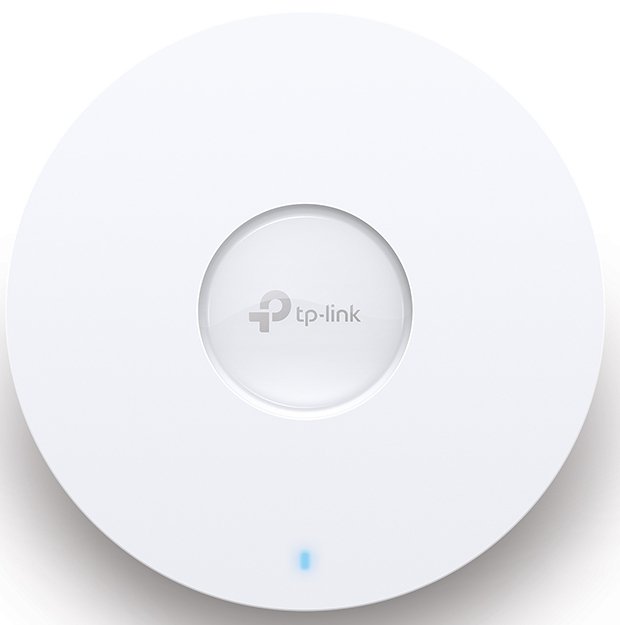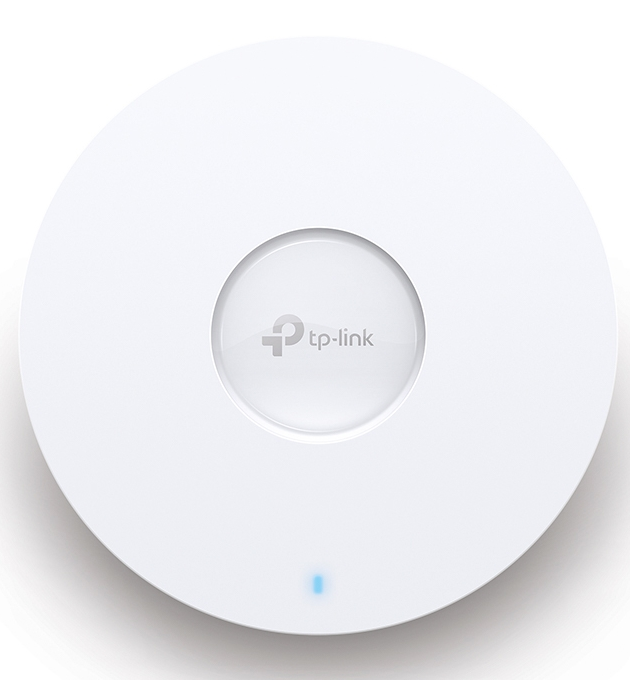Installing an MQTT Broker with Mosquitto using Docker
How to install and set up an MQTT broker with Mosquitto using Docker Compose. Step by Step tutorial.
How to install and set up an MQTT broker with Mosquitto using Docker Compose. Step by Step tutorial.
This article provides a step-by-step guide on how to install and set up an MQTT broker using Mosquitto with Docker Compose. Learn how to leverage the power of Docker Compose to simplify the deployment and configuration of an MQTT broker, enabling efficient message communication in IoT and other applications.
1. Install Docker and Docker Compose:
Begin by installing Docker and Docker Compose on your system, following the instructions for your specific operating system.
2. Create a Docker Compose File:
Create a new file called docker-compose.yml and open it in a text editor.
3. Define Mosquitto Service:
Inside the docker-compose.yml file, define the Mosquitto service using the following configuration:
version: '3'
services:
mosquitto:
image: eclipse-mosquitto
ports:
- 1883:1883
- 9001:9001
volumes:
- ./mosquitto.conf:/mosquitto/config/mosquitto.conf4. Create a Mosquitto Configuration File:
Create a new file called mosquitto.conf and open it in a text editor.
5. Configure Mosquitto:
Inside the mosquitto.conf file, specify the desired configuration options. For example, you can set the following:
persistence true
persistence_location /mosquitto/data/
log_dest file /mosquitto/log/mosquitto.log
allow_anonymous true6. Save and Close the Mosquitto Configuration File.
7. Start the Mosquitto Service:
Open a terminal or command prompt, navigate to the directory containing the docker-compose.yml file, and run the following command:
docker-compose up -d8. Verify the Mosquitto Service:
Check if the Mosquitto service is running by executing:
docker-compose ps9. Connect to the Mosquitto Broker:
Use an MQTT client like MQTT.fx or mosquitto_pub/sub to connect to the Mosquitto broker at localhost:1883.
By following this guide, you can easily install and set up an MQTT broker using Mosquitto with Docker Compose. Customize the Mosquitto configuration by creating and mounting the mosquitto.conf file. Leverage the simplicity of Docker Compose for efficient message communication in IoT and other applications.
The DynDNS service of IPv64.net is free of charge and usable in all common routers and systems.
You have the choice between many different domain names.
The IPv64.net Healthchecks monitor your services, servers and endpoints. Receive notifications when your services fail.
This monitoring service is free with all features.
Registration with IPv64 is free of charge and immediately available for you.

| TP-Link Omada EAP670, AX5400 ~ 144.89 € Show me |

| TP-Link Omada EAP653, AX3000 ~ 84.99 € Show me |